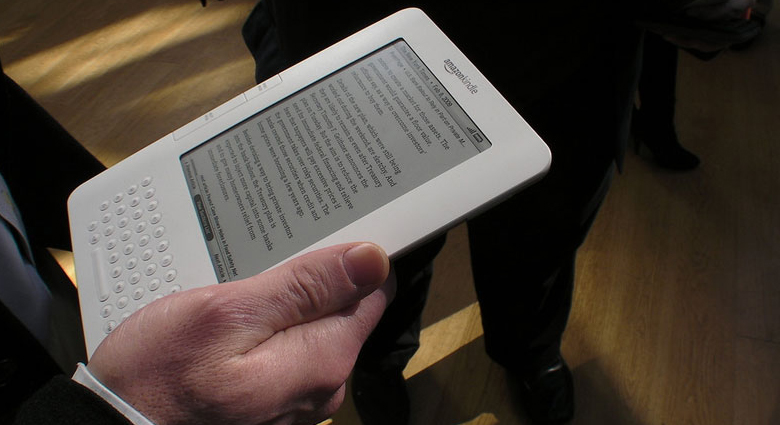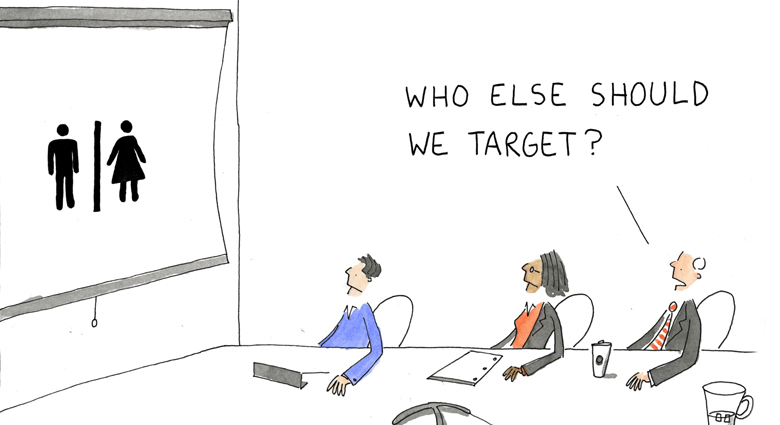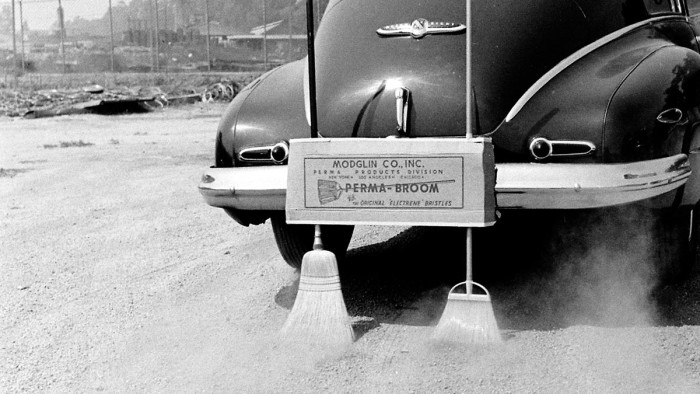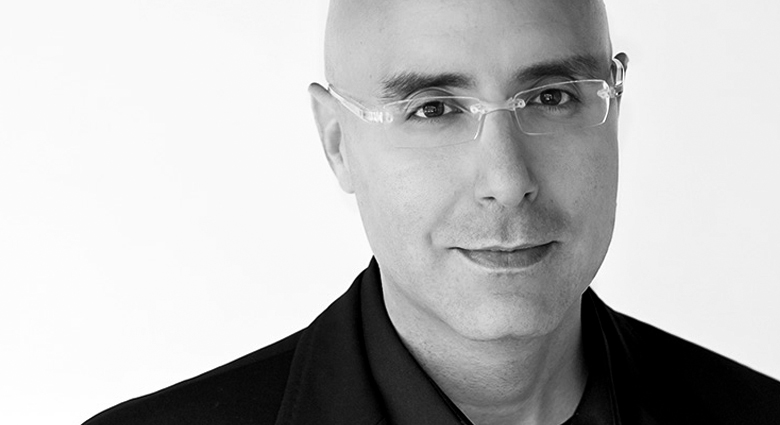What was the last book that you read?
I buy new books all day. Literally. I read most of my book on my iPhone using the Kindle, iBooks or Kobo app (but, mostly Amazon’s Kindle). That seems to freak some people out, but it’s true. People wonder how it’s possible to read a book on such a small screen. In fact, it’s not that small at all. If you take a magazine (like this one) and look at the size and length of a single column of text, you will notice that the Android and iPhone screens practically replicate the column of text that you will typically find in a magazine or newspaper. Plus, I get to carry around hundreds of books with me wherever I may roam (and I don’t need to see a chiropractor from neck, shoulder and back pains). I haven't been reading enough books this year, sadly. I used to read - on average - about a book a week. In fact, my good friend, Julien Smith (co-author of Trust Agents and The Impact Equation), runs an annual 52-book challenge on his blog, In Over Your Head. He encourages everyone to read one book a week for a year, and sets goals (and punishments) against it. I think I have only read a handful of books this year. I feel like I am letting myself down. Still, I find myself reading all of the time. Tweets on Twitter, Facebook status updates, e-newsletters, articles online, blog posts, magazine articles, newspaper articles (remember those), and more. I still consider myself an infovore, but my consumption of books has not been at a personal level of satisfaction. Because of this, I feel like I am letting myself down. Not good.
Moving forward.
Recognizing this flaw in my personal development, I've made an active push to read more books in the past few months. I even have physical books lying around my offices, by my bed and even in my knapsack. Book reading is an important part of what makes me grow. I know this. Still, this past year I got lost in less meaningful pieces of content. Yes, less meaningful. Sorry to burst any bubbles that you may have, but as amazing as an article like this might be, or as enjoyable as it can be to spend a lunch hour scrolling through Facebook and Twitter feeds, I can't help but feel like all content (outside of book reading) leaves me as hollow as a meal at a fast food restaurant. It feels like the right thing at the time, but there is nothing but regret and the desire for a more substantive meal shortly thereafter. Reading a book does more for the soul and the brain that you can imagine.
Diving deep into a book.
Last week, I finished reading Steven Pressfield's latest book, The Authentic Swing. Pressfield is a consummate author. He is best known for The Legend Of Bagger Vance, but he is also an amazing author on the skill of writing (or being creative at anything). He has two seminal books on the topic (The War of Art and Do The Work!). The thing about Pressfield (and his books) is that he forces you to focus and dive deep on the topic of writing and getting the words out of you. For me (and anyone else with a passion for writing), it's inspiring. Still, that's first-level on what happens when you read a good book. It's much more about focus. A book allows you to shut-out the real-time Web, the beeps, the alerts, the distractions and more that continuously drive us away from the things that we really need to focus on. Pressfield calls everything but doing the work that we're supposed to do "the resistance." Never has there been a tool to seduce the resistance more than the Internet and social media (as much as I love both of those things). Books take you away from that. We need that. Writing notes and adding perspective to the books that you're reading do that too. Sadly, I got away from that. My guess is that I’m not alone. My guess is that you should probably be spending much more time with a book as well.
I once was lost...
I'm not done with Twitter or reading blog posts or articles in The New Yorker, but I am done with those resources being the primary destination when I have a moment for content. Books first. Everything else flows after that. I don't know about you, but the more books that I read, the more creative and strategic solutions my brain can come up with. We live in a world where content is short, fast and free. Perhaps this is more of a "stop and smell the roses" type of magazine article, or perhaps this is more about how to develop better critical thinking skills. Famed investor Warren Buffett is known for spending the bulk of his waking moments reading. The fact is that he’s not just reading. He’s consuming. He’s ingesting. He’s thinking. From there, he’s doing the critical thinking about the topic and what the implications might mean to him and the customers of Berkshire Hathaway. Regardless, the merits that are derived from spending the time, energy and effort of reading a full book (cover to cover) is something that is easily lost in our fast food content culture. It doesn’t have to be that way. It’s a choice. You can make the choice today. Right here. Right now.
Interested in fine dining? Try reading more books. I'm going to. Please join me.
"Recognizing this flaw in my personal development, I've made an active push to read more."





.png)




What Did You Think?